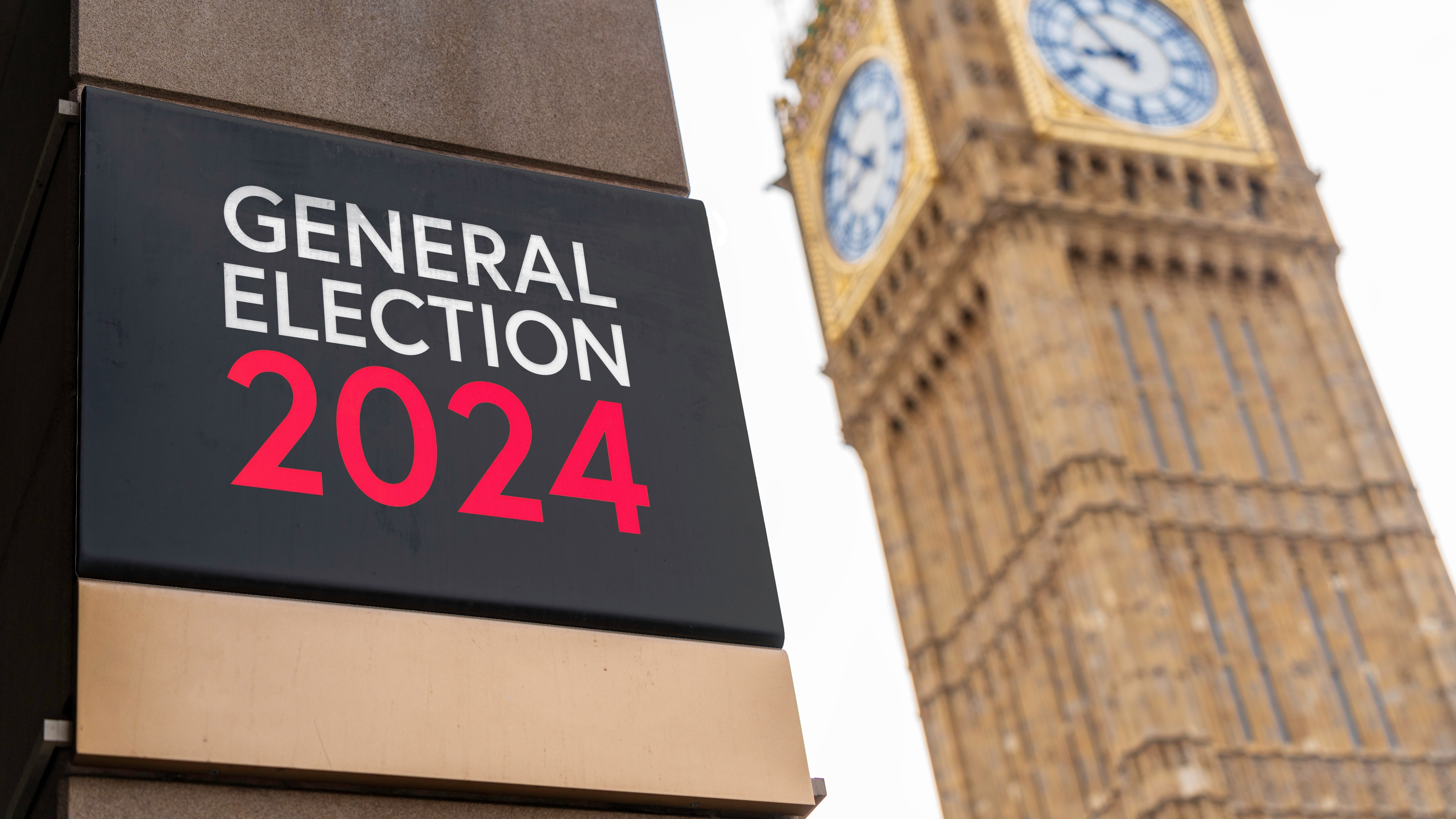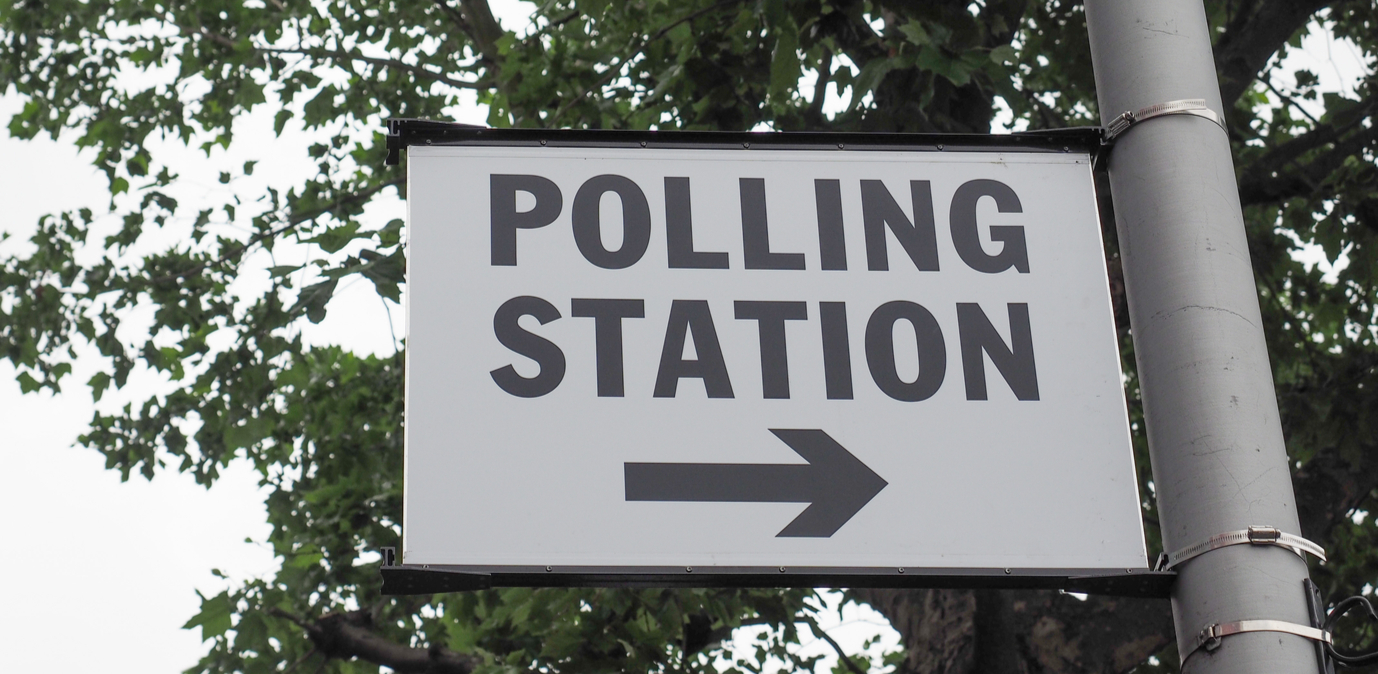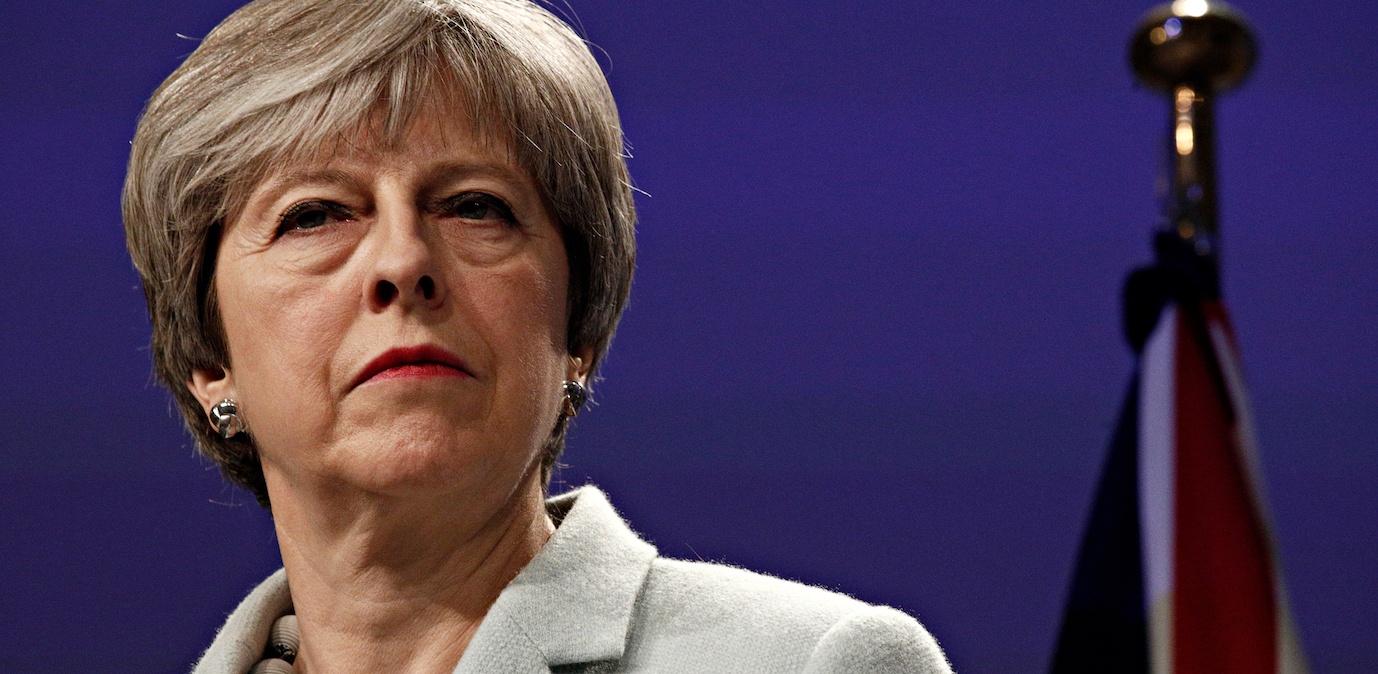On 17 July, King Charles III delivered the King's Speech, outlining the government's legislative programme for the new parliamentary session. The government has announced 40 bills which aim to unlock growth and ‘take the brakes off Britain’. This blog examines the proposals affecting the tech, climate, and energy sectors, and what business should expect as the government introduces legislation.
King’s Speech – the UK’s legislative programme for the tech, climate, and energy sectors
Written by Mitali Sud on 18 Jul 2024
What does Labour’s election win mean for the tech, climate and clean energy sectors?
Written by Pia Doering on 05 Jul 2024
The electorate has given Labour the second-largest majority (after Tony Blair in 1997) in British parliamentary history since Clement Atlee led a Labour Government in 1945. While the result needs to be qualified by the low voter turnout (at an estimated 60%, it was the second-lowest in post-war history) and the low share of the vote that Labour obtained (at only approximately 34%), the size of its majority means the party will have a largely free hand in pushing its agenda through parliament. Now that the UK has a new Prime Minister, a new parliament, and, shortly, a new cabinet, we look at what Labour’s victory could mean for the tech as well as the climate and energy sectors.
The UK Government's proposals to regulate cryptocurrency and stablecoins
Written by Matthew Niblett on 24 Nov 2023
In November 2023 the UK Government outlined its regulatory intentions for the cryptocasset industry. In this blog, we summarise the UK Government’s plans for the future regulation of cryptoassets and explain the next steps.
Online Safety Act: What happens now?
Written by Pia Doering on 03 Nov 2023
The Online Safety Bill was introduced in March 2022 to make the UK the ‘safest place in the world to be online’. After a long journey through Parliament, the Bill passed its final parliamentary stages on Tuesday 19 September and was granted royal assent on 26 October 2023, meaning it is now enshrined in law as the Online Safety Act (OSA). However, companies will not have to comply with most of the Act’s provisions immediately. Rather, many details are yet to be set out via secondary legislation and guidance. In this blog post, we take a look at the next steps under the UK’s new online safety regime.
What the 2022 Queen’s Speech means for tech policy in the UK
Written by Inline Policy on 11 May 2022
The Queen’s Speech on 10 May 2022 outlines all the Bills that the Government intends to introduce in the new Parliamentary session. It includes substantial tech policy reforms in areas in which the UK is diverging from EU policy for the first time. While there are various initiatives, they can broadly be categorised as, first, pro-innovation and pro-competition measures, and secondly, changes to improve the protection of consumers of tech. Here we take you through the main proposals.
UK General Election 2019: Business risks are substantial, whichever way you look
Written by Shomik Panda on 19 Nov 2019
The December 2019 General election will be the fourth election or referendum to take place in the UK in the past five years. Yet despite the unusual timing and general voter fatigue, the stage is set for a high-stake drama: voters are given a last chance to determine whether Brexit ‘gets done’ under UK Prime Minister Johnson’s (Conservative) terms or if a change in direction is warranted.
Enforcing GDPR will make data regulators clarify grey areas
Written by Inline Policy on 23 Jan 2019
After all the talk about GDPR implementation last year, we are starting to come to the crunch point where companies' data practices are being tested by the regulators. The results could create continued regulatory headaches for data-intensive businesses.
Brexit in Perspective
Written by Inline Policy on 08 Oct 2018
Our ‘Brexit in Perspective’ infographic puts the UK’s decision to leave the EU in its broader context of European economic integration and maps the economic implications of the numerous political decisions available to the UK.
UK kicks off review of competition in digital markets
Written by Inline Policy on 20 Sep 2018
The UK Government has engaged a panel to review competition in digital markets, and one of the key themes is the concentration of 'big tech'. With the panel tasked with consulting industry and reporting by early 2019, companies seeking to influence the panel's thinking need to get started as soon as possible.
How WorkerTech is meeting the need for flexible support for the self-employed
Written by Inline Policy on 17 Aug 2018
As the number of self-employed people continues to rise in the UK, the need to provide support to this growing workforce is becoming increasingly important. But how can access to benefits and protections be improved, without relying on the incumbent employment relationships through which these are traditionally delivered? Emergent WorkerTech technology and applications may be part of the solution.
Will the new Secretary of State for Digital be good or bad news for tech?
Written by Inline Policy on 24 Jul 2018
Jeremy Wright MP has big shoes to fill, succeeding an unquestionably pro-technology Secretary of State for Digital, but might his lack of previous interest in the sector actually be a good thing for the tech industry?
The many roads to Brexit
Written by Inline Policy on 17 Jul 2018
As the 29 March 2019 deadline for when the UK is due to leave the EU gets closer and closer, a lot remains to be finalised. In this diagram we have mapped the various paths to ‘exit day’ and explore the range of potential outcomes.
The top 5 most important European Parliamentary questions for the tech sector this year
Written by Inline Policy on 10 Jul 2018
MEPs ask thousands of questions to the European Commission each year and during the 2009-2014 term of the European Parliament, over 10,000 questions were tabled. At Inline, our job is to cut through the noise, so here are the five most important questions for the tech sector in 2018.
Rebels with a cause can't beat Mrs May in the game of chicken
Written by Inline Policy on 28 Jun 2018
While many see Theresa May’s regular battles with both wings of her party as the government lurching from crisis to crisis, it is starting to look more like a deliberate strategy. What does this tell us about Downing Street’s strategy for the negotiations with the EU?
Emerging from the smoke – Vaping as disruptive innovation
Written by Inline Policy on 15 May 2018
In a modern world that is churning out technological innovations in sectors that did not even exist 20 years ago, many people will have common conceptions of what constitutes ‘disruptive technology’: the rise of robots, smart cities and self-driving cars. And yet, equally disruptive are the technologies that are developing within sectors that have prospered for centuries.
 Insights from Inline Policy listing page
Insights from Inline Policy listing page



.jpg)














